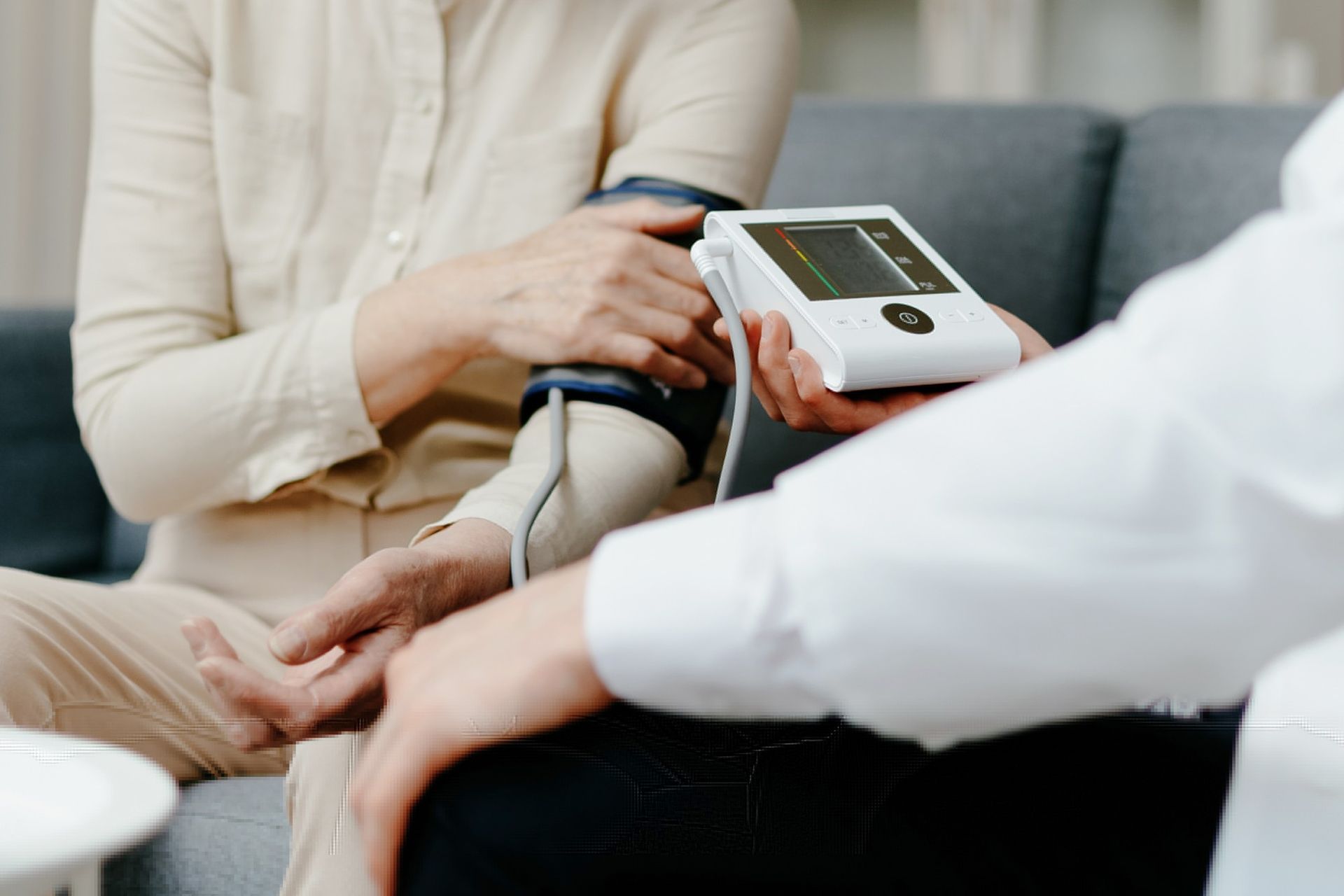Cancer screening is crucial for early detection, protecting you and your loved ones from the horrors of a late or missed diagnosis. It highlights the significance of customizing medical decisions and treatments according to patients' needs, preferences, and values. In cancer prevention and detection, it is essential to have conversations about screening referrals to ensure that people receive timely diagnosis and treatment.
This article explores the principles of patient-centered care concerning cancer screening referrals, offering insights into when and how healthcare providers should initiate these discussions. Learn more about the significance of cancer screening and ensure maximum protection against this dreaded disease by
booking an appointment today.
Understanding Cancer Screening Referrals
Importance of Early Cancer Detection
Early detection of cancer significantly improves treatment outcomes and survival rates. By identifying cancer at its earliest stages, healthcare providers can implement interventions that effectively arrest disease development and enhance the quality of life for patients.
Types of Cancer Screenings
Various screening tests are available for different types of cancer. These screenings are recommended based on age, gender, family history, and personal risk factors. Some common screenings include:
The Importance of Healthcare Experts in Cancer Screening
Building Trust with Patients
Effective communication and trust are essential in patient-centered care. Healthcare providers must establish a trusting relationship with patients to facilitate open and honest discussions about sensitive topics such as cancer screening. Doctors should explain the benefits of early cancer diagnosis and its impact on treatment and recovery.
Communicating Effectively
Healthcare providers should employ clear and empathetic communication techniques when discussing cancer screening referrals. This approach includes using plain language, actively listening to patient concerns, and addressing any misconceptions or fears they may have, such as the idea that diagnosis is synonymous with imminent death. Patients and doctors should clearly understand the situation for effective cancer prevention strategies.
When to Discuss Cancer Screening Referrals
Assessing Patient Risk Factors
Healthcare providers should assess patient risk factors during routine medical appointments to determine the appropriate timing for discussing cancer screening referrals. Factors such as age, family history, lifestyle choices, and previous medical history can influence an individual's risk of developing cancer.
Tailoring Discussions to Individual Needs
There is no fixed approach to discussing cancer screening referrals. Healthcare providers must tailor their approach to patients' unique needs, preferences, and cultural backgrounds. This method may involve adjusting the conversation's timing, content, and delivery to ensure it resonates with the patient.
Challenges and Barriers
Cultural and Linguistic Differences
Cultural and linguistic barriers can impede effective communication between healthcare providers and patients. Recognizing and addressing these differences ensures all patients receive equitable access to cancer screening information and services.
Fear and Anxiety
Fear and anxiety about cancer screening procedures and potential outcomes can prevent patients from engaging in discussions about referrals. Healthcare providers must acknowledge and validate these emotions while providing reassurance and support to encourage participation in screening programs. Your
Houston Family Practice physician is here to offer you the support and guidance you need during this phase. With their expertise, you can overcome any obstacle that comes your way. Trust them to be with you every step of the way.
Strategies for Successful Discussions
Provide Clear Information
Healthcare providers should offer clear and concise information about the cancer screening referral process. This approach will empower patients to make informed decisions about their health and encourage active participation in the screening process.
Encourage a Shared Decision-Making Model
Patient-centered care involves collaborative decision-making between healthcare providers and patients regarding screening referrals. This approach respects patient autonomy and ensures that decisions align with your values and preferences.
Emphasize Patient Education
Patient education is a cornerstone of patient-centered care, empowering patients to participate actively in their health. Healthcare providers should provide educational resources and support to help patients understand the impact of cancer screening and the benefits of early detection.
Incorporating patient-centered principles into discussions about
cancer screening referrals is essential for promoting informed decision-making and improving patient outcomes. By prioritizing trust, communication, and individualized care, healthcare providers can empower patients to participate actively in their healthcare journey and access life-saving screening services.
FAQs
When should discussions about cancer screening referrals begin?
Discussions about cancer screening referrals should ideally begin during routine medical appointments, particularly for patients with increased risks, such as age, family history, or lifestyle choices.
How can healthcare providers address patient fears and anxieties about an early cancer test?
Healthcare providers can address patient fears and anxieties by providing precise and accurate information about the purpose, benefits, and risks of cancer screening and offering emotional support and reassurance.
What role do cultural and linguistic differences play in discussions about cancer screening referrals?
Cultural and linguistic differences can hinder effective communication between healthcare providers and patients. Providers must recognize and address these differences to ensure all patients receive equitable access to screening information and services.
What are some common cancer screening tests?
Several standard cancer screening tests are commonly used.
- Mammograms for breast cancer
- Colonoscopies for colorectal cancer
- Pap tests for cervical cancer
- PSA tests for prostate cancer
Additionally, other tests may be recommended depending on factors such as age, family history, and other risk factors.
How long does a typical cancer screening last?
The duration of a typical cancer screening varies depending on the type. Some screenings, like mammograms or skin cancer screenings, can be completed in as little as 20-30 minutes. Others, like a colonoscopy, may take several hours to complete.
Stay One Step Ahead of Cancer with Our Help!
Houston Family Practice should be your first stop if you need a referral for cancer screening. Our team of experienced physicians dedicated to preventive medicine offers personalized attention and will refer you to a trusted specialist to conduct the screening.
Through a compassionate approach and a commitment to excellence, the doctors at Houston Family Practice will refer you to reliable specialists to conduct cancer screening tests, ensuring the continuous support you deserve.
Book an appointment today!














